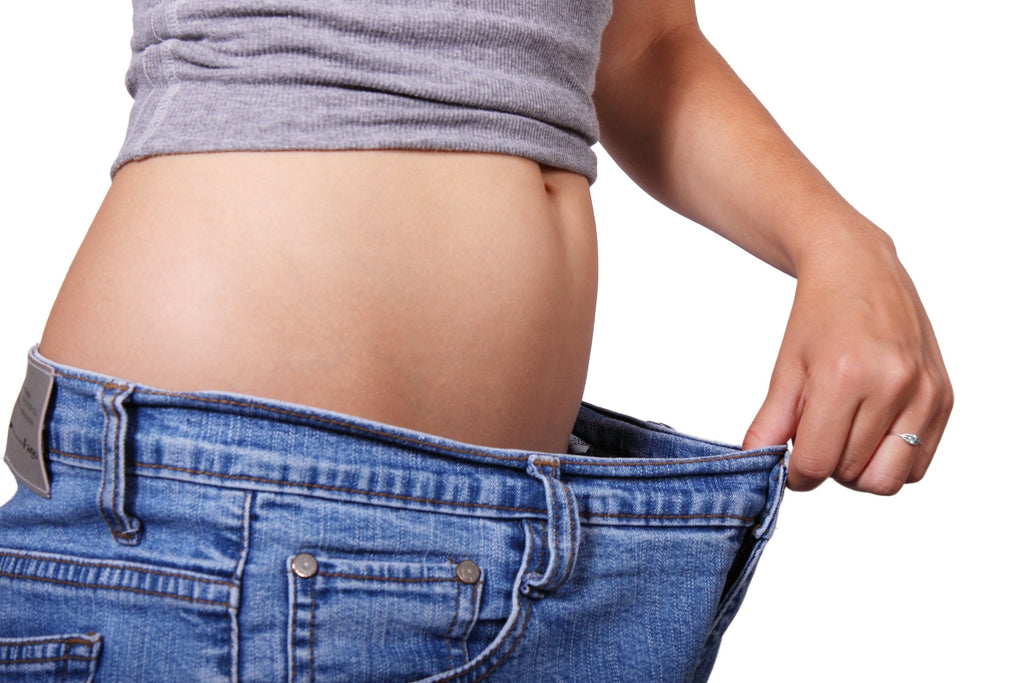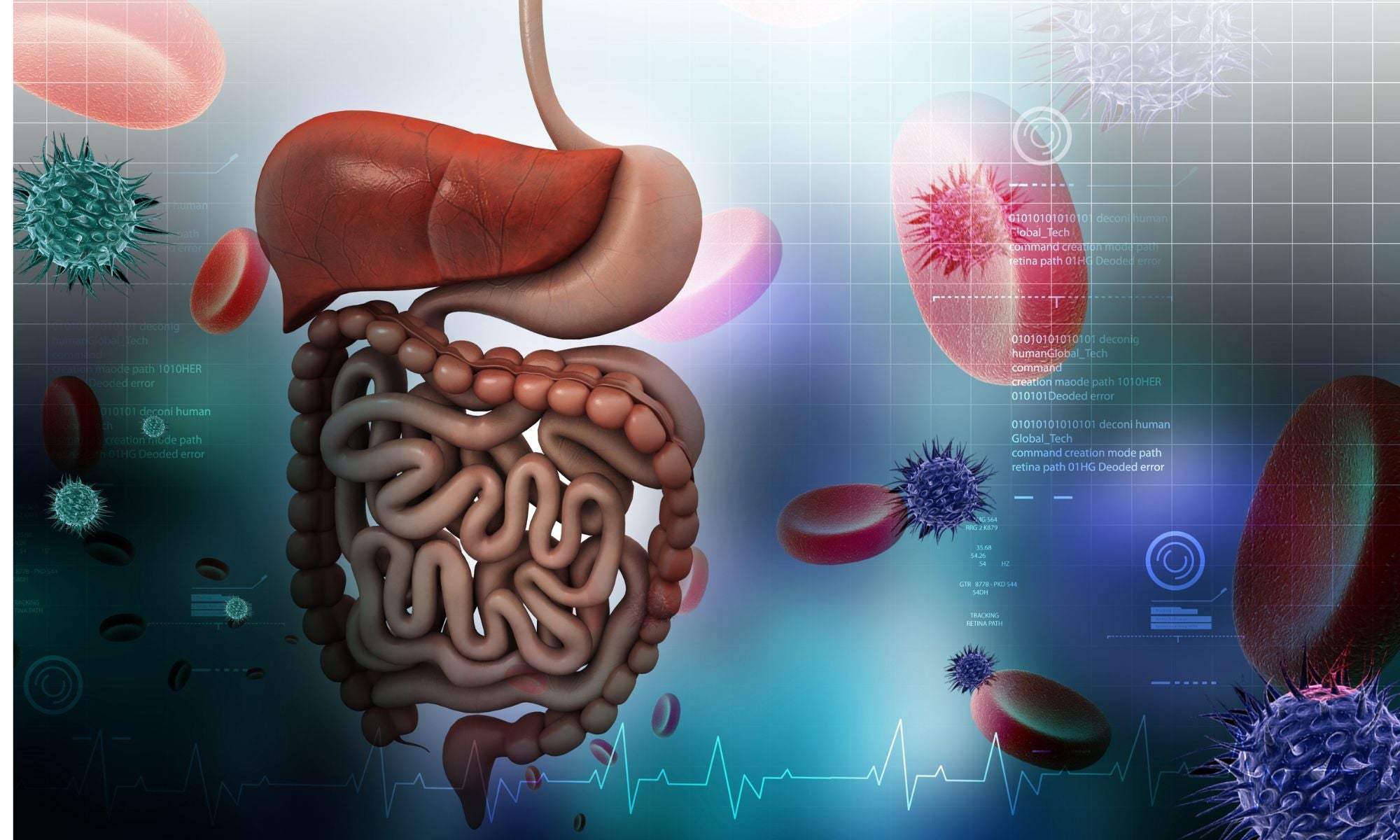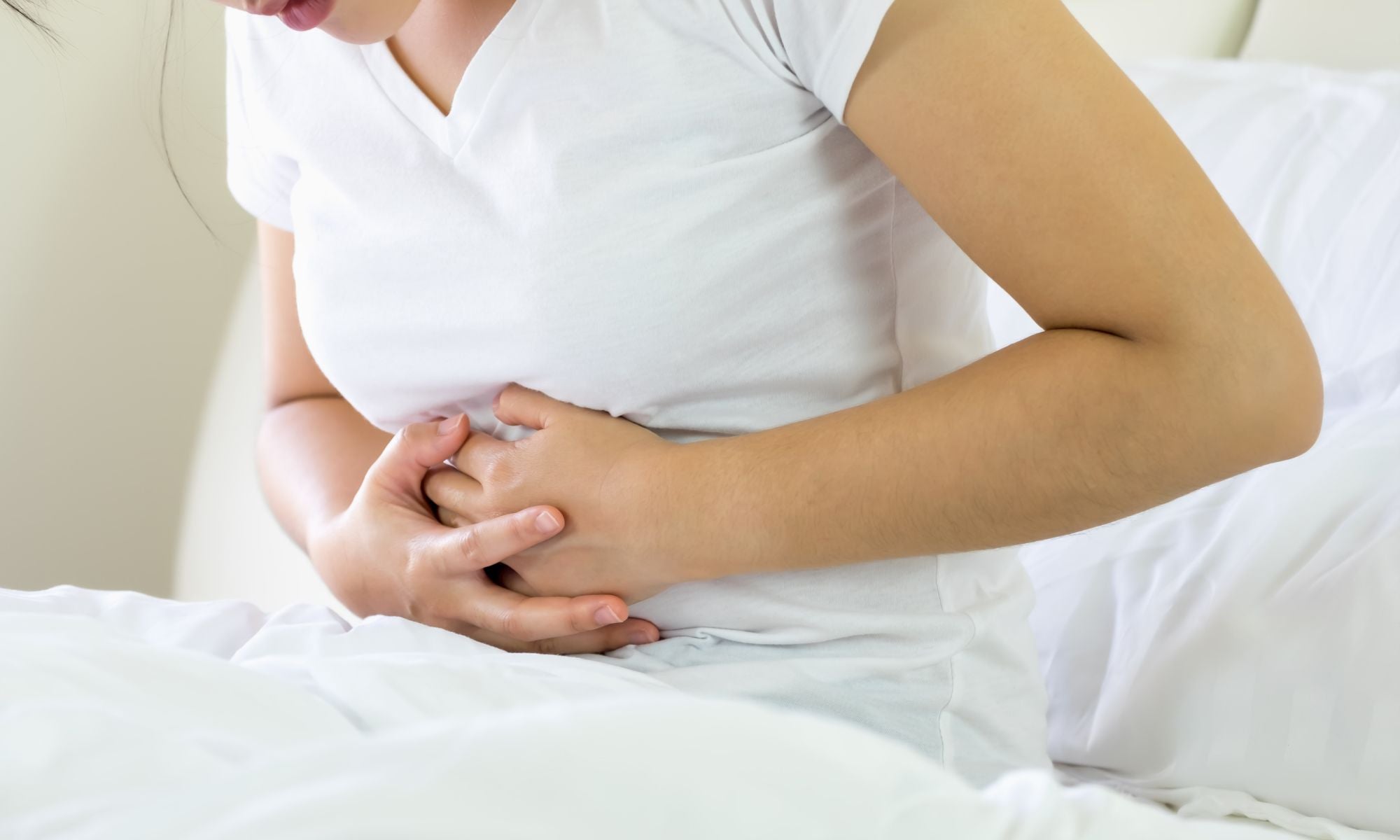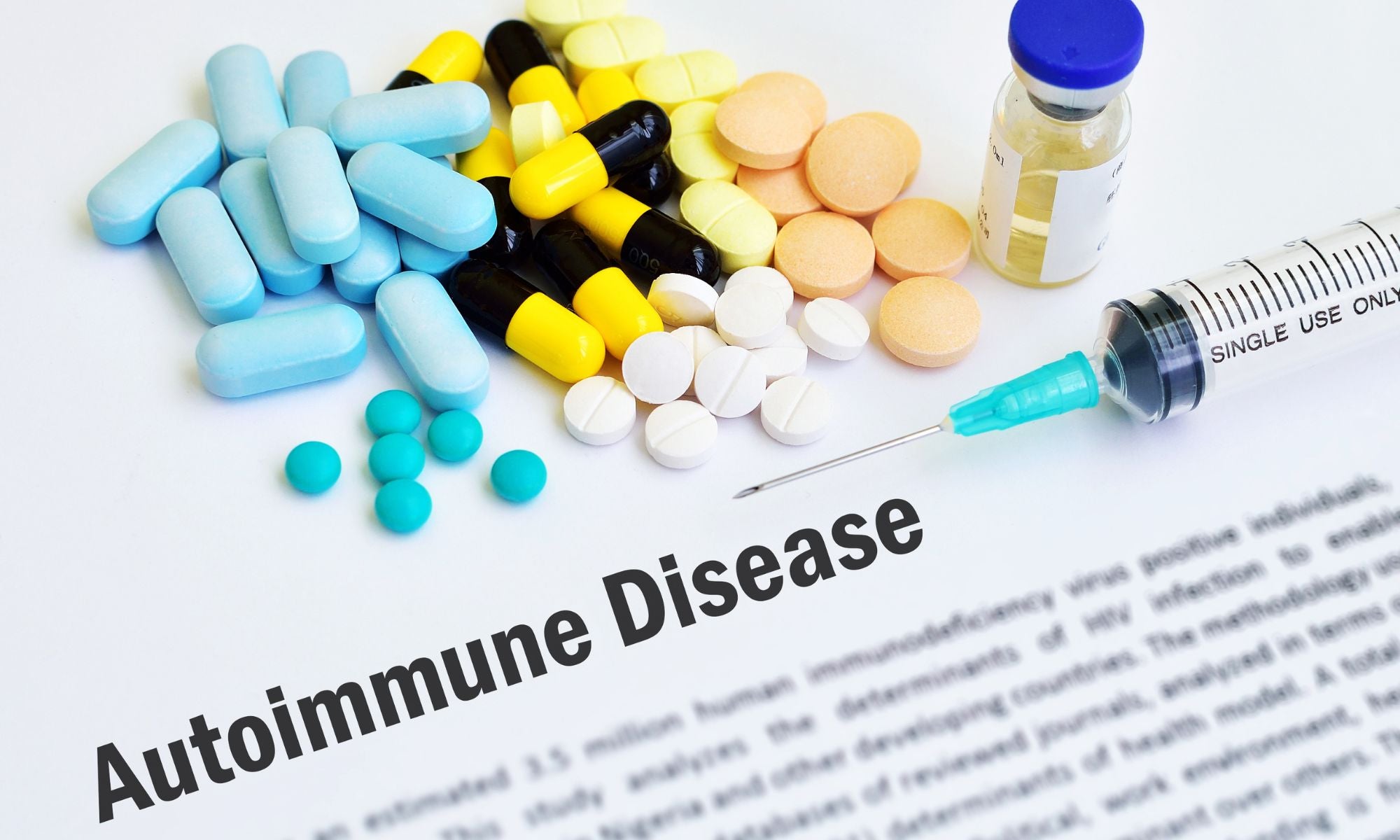WHY PROCESSED FOODS CAUSE OVEREATING AND WEIGHT GAIN
Are you eating a diet rich in ultra-processed foods? If you are, chances are you may be eating more than you should.
Some people prefer processed foods due to them being more affordable and convenient. Unfortunately, these are the same reasons why they tend to eat a lot and gain weight quickly.
For a long time, experts have been suspecting a connection between obesity and a diet rich in ultra-processed foods.

In one report that was put out in the journal Cell Metabolism, a randomized controlled trial was conducted for the first time comparing the calorie consumption differences between ultra-processed and unprocessed diets.
Despite matching the two diets for their fat content, individuals on the ultra-processed diets still ate more and gained more weight.
The meals in the test were prepared to be matched for fat, carbohydrates, salt, sugar, and calories. Surprisingly, there was only a slight difference between all of them when it comes to the overall calorie consumption or weight change.
Unprocessed Diet VS. Ultra-Processed Diet

20 healthy individuals volunteered in the said research. For a month, all of them were admitted to the MCR (Metabolic Clinical Research Unit) in the NIH Clinical Center.
For two weeks, the volunteers were given either an unprocessed diet or ultra-processed diet, then switched.
Meals were given three times daily, together with bottled water and snacks. They could eat as much food as they want, and were all measured by the experts.
After two weeks, individuals who were on an ultra-processed diet gained two pounds on average. On the other hand, those who were on the unprocessed diet lost two pounds on average.
The results aren’t that surprising. Consuming ultra-processed foods has always been linked to weight gain, obesity, and poor health in general.
Ultra-processed foods are usually low in water content and more calorically dense which makes them less satisfying and less satiating.
![]() SUMMARY:
SUMMARY:
Studies show that people who are on an ultra-processed diet gain more pounds, while those who are on an unprocessed diet tend to lose weight.
Why Overeat?

The experts hypothesized some reasons behind the likelihood of overeating in those on an ultra-processed diet, one of them is the speed.
Those who are on an ultra-processed diet ate faster, which contributes to overeating. Being mindful of how quickly we munch on food is important.
Various studies show that mindful eating and chewing are associated with weight loss. When you eat fast, you tend to eat more. When you eat more, you consume more calories.

These days, people are all about what is easy and fast. That’s why processed food is preferred by many.
Sadly, ultra-processed foods usually contain high levels of sodium, sugar, and fat. Chips, bacon, instant noodles, soft drinks, and packaged goods are all delicious, but they are not the best choice for you and your family.
![]() SUMMARY:
SUMMARY:
Healthy eating is not just what you eat, but how you eat. Mindful eating by chewing slowly has been associated with weight loss. Eating fast will cause you to eat more, resulting in more calories.
Moderation is Key

Take note that not all processed foods are to be avoided. There are quite a few minimally processed foods that make life easier for those who don’t have much time preparing food.
In fact, we process food every time we cook or prepare them. There are minimally processed foods that are nutrient-dense. For instance, juices and milk are fortified with vitamin D and calcium. Even breakfast cereals may contain more fiber.

But if you really want to lessen your consumption of processed foods, be willing to spend more time and effort in preparing homemade meals and healthy snacks. Use whole foods as your ingredients, like fruits, vegetables and whole grains.
Consuming processed foods in moderation is okay, just avoid the ones that are rich in added fat, sugar, and sodium.
![]() SUMMARY:
SUMMARY:
In small amounts, minimally processed foods are fine. Just make sure to avoid ultra-processed ones that are abounding in added fat, sugar, and sodium.
Keep Your Gut Healthy

When it comes to diet and weight loss, the condition of your gut plays a huge role. There are studies that support the possible role of the gut microbiome in obesity.
The “Microbiome Diet” is a new diet by Dr. Raphael Kellman that has been gaining popularity recently. Some of its main focus are knowing what food to eat and what to avoid. Doing so will restore your gut health and help you achieve weight loss.
Go ahead and keep your gut healthy through consuming healthy foods and avoiding the bad ones. Instead of consuming an ultra-processed diet rich in hotdogs, chips, and doughnuts, go on a healthy diet rich in whole foods to achieve optimal gut health.
Your gut will thank you, and you will reach your weight loss goals too!












